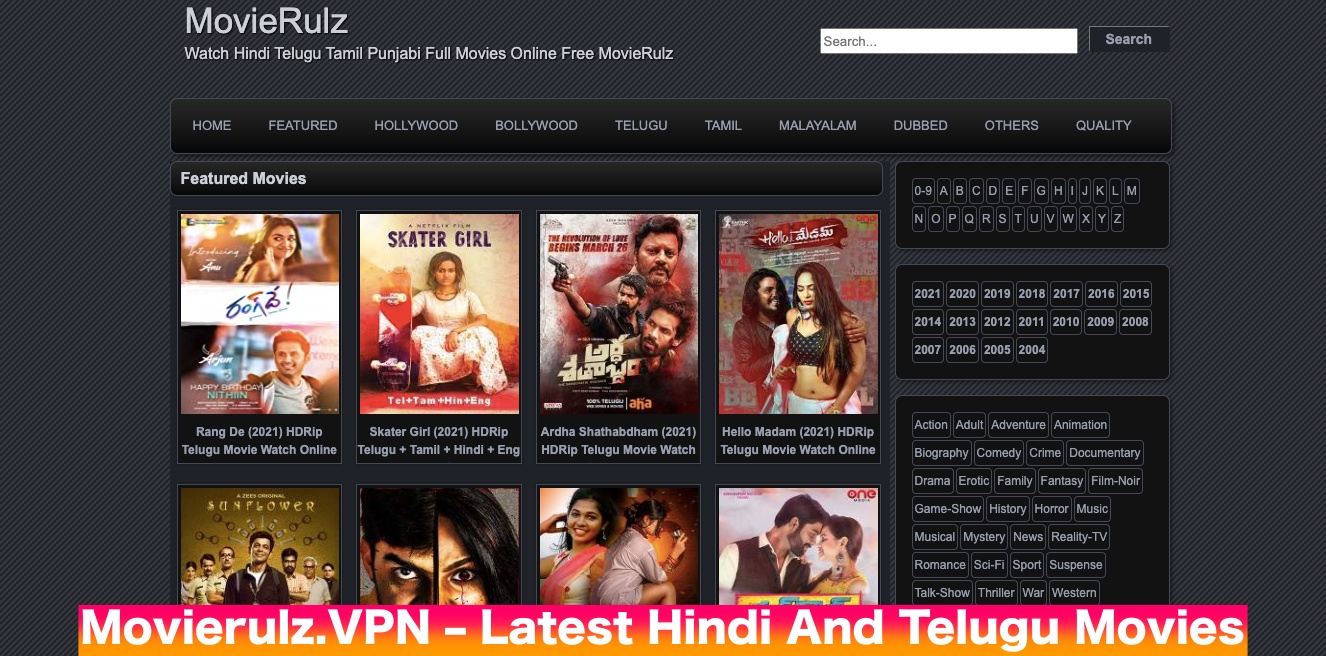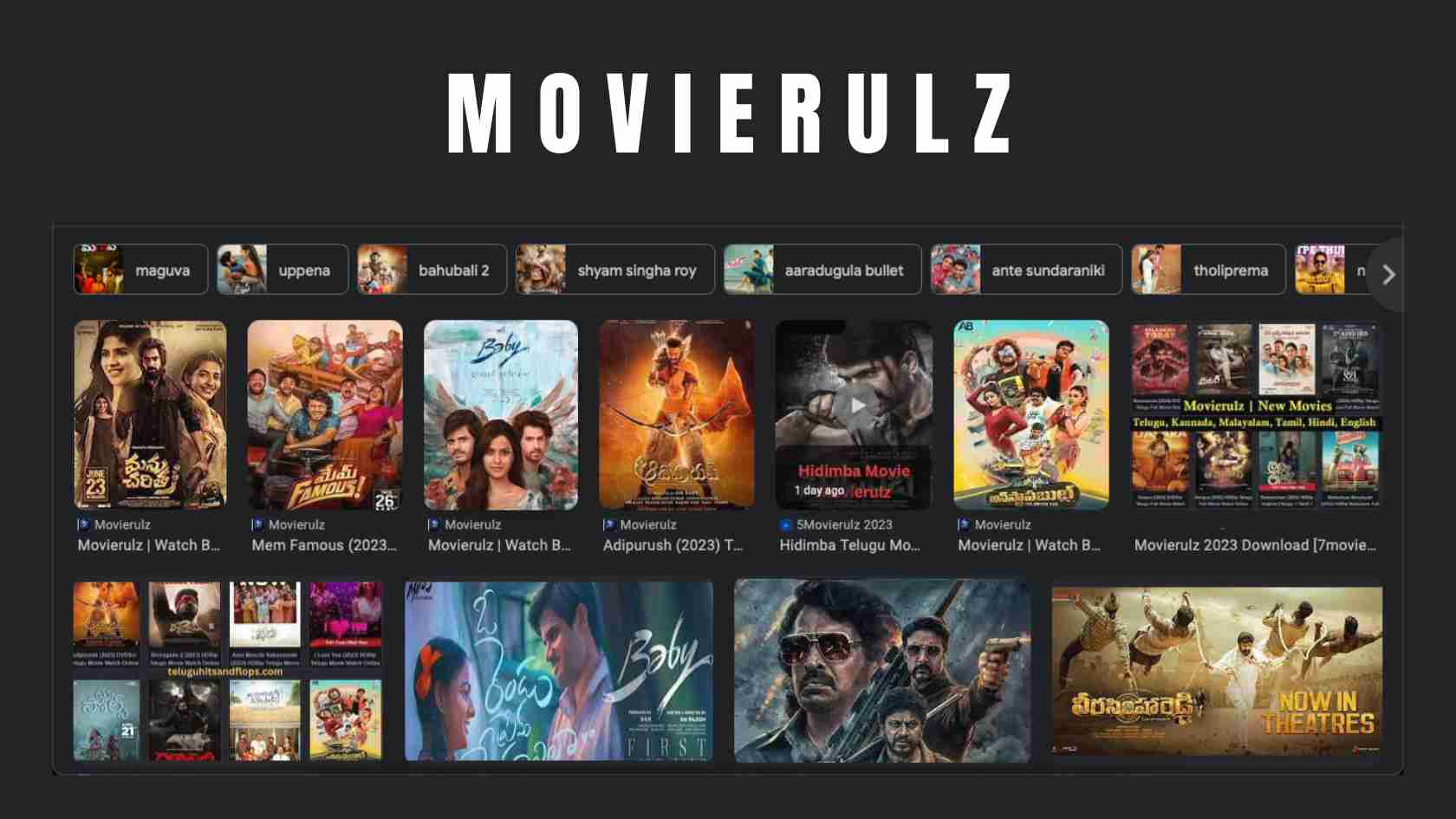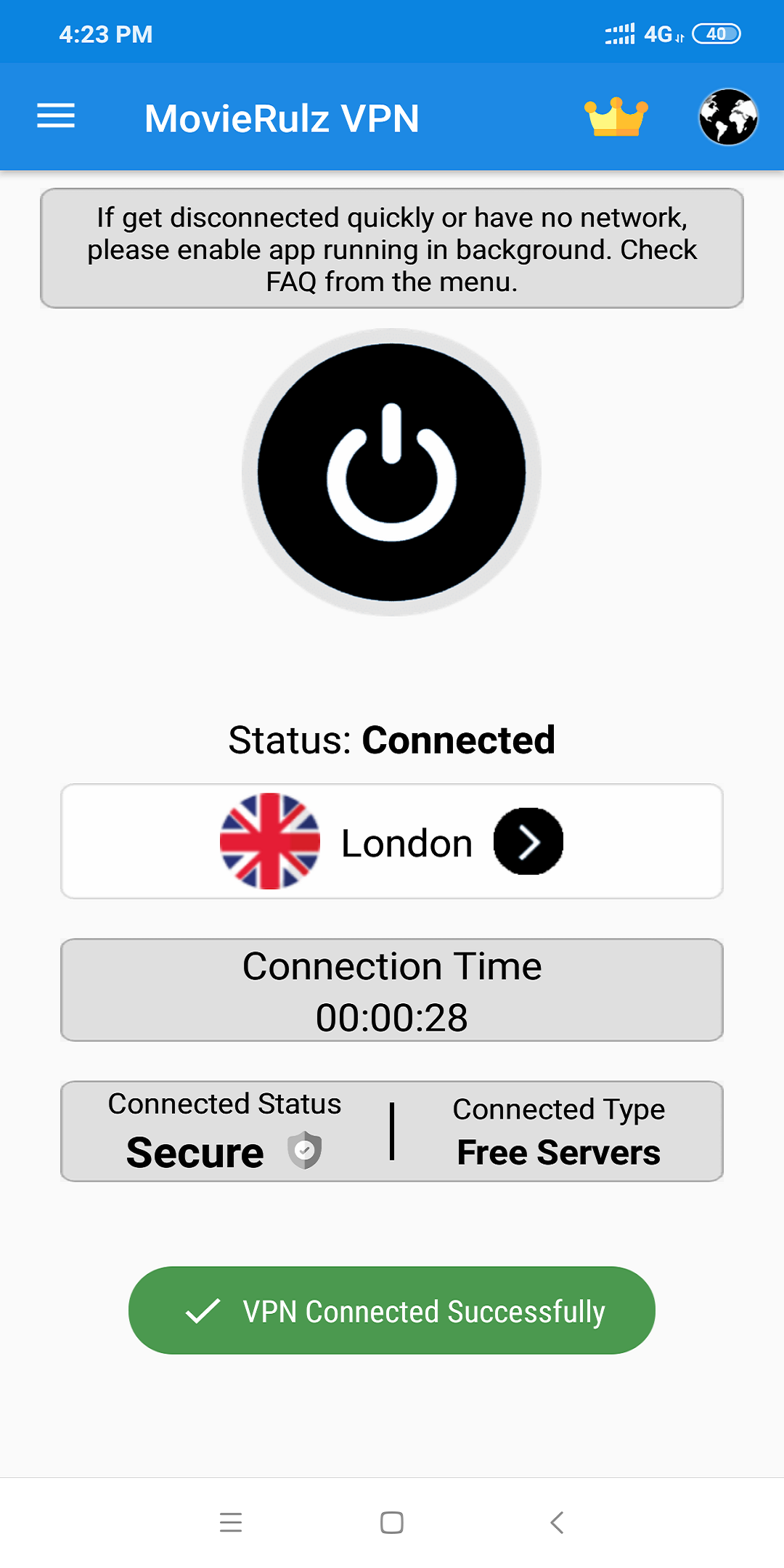Best Movierulz.VPN Alternatives To Watch Movies Online - [2024]
Is the digital realm truly free, or is it increasingly a landscape of shadows and restrictions? For many, the answer has become alarmingly clear: access to information, entertainment, and even basic communication is often mediated, filtered, and controlled. This control manifests in various forms, from geopolitical censorship to the localized blocking of content. It's within this context that tools like "movierulz.vpn" become both intriguing and essential.
The term "movierulz.vpn" combines two critical components of navigating the modern internet. "Movierulz" refers to a website, or a category of websites, known for providing access to copyrighted content, often movies and television shows. "VPN" stands for Virtual Private Network, a technology that masks a user's IP address and encrypts their internet traffic, effectively creating a secure tunnel through the internet. This pairing highlights a specific need the desire to access geo-restricted or otherwise blocked content and a technological solution to overcome those restrictions. However, the legality and ethical implications of utilizing such a combination are complex and require careful consideration.
Before delving deeper into the intricacies of "movierulz.vpn," let's understand the broader context. The digital landscape is not a monolith; it is a patchwork of regulations, technological limitations, and evolving user behaviors. The rise of streaming services has dramatically altered how we consume media, yet it has also led to increased territorial restrictions. What's available in one country may be unavailable in another, fueling the demand for tools that bypass these limitations. Furthermore, governments and corporations alike are increasingly implementing measures to control the flow of information, ostensibly for reasons of security, copyright protection, or economic interest. This environment creates a fertile ground for the proliferation of VPNs and the websites they are often used to access.
The core function of a VPN is to create a secure and private connection to the internet. When a user connects to a VPN server, their internet traffic is routed through that server, masking their actual IP address and location. This allows users to access content that might otherwise be unavailable in their region. For example, a user in a country where a particular streaming service is not available could connect to a VPN server in the United States and access the service as if they were physically located there. Similarly, a user concerned about their online privacy could use a VPN to encrypt their internet traffic, making it more difficult for third parties to track their online activity.
The pairing of "movierulz" with a VPN raises several immediate questions. First and foremost is the legality. Websites like Movierulz, or those providing similar services, often host or link to copyrighted content without the permission of the copyright holders. Accessing this content, and in some jurisdictions downloading it, can be considered a violation of copyright law. The use of a VPN doesn't inherently change the legal status of the activity; it simply obscures the user's location and identity. While a VPN might prevent detection by copyright enforcement agencies, it doesn't render the underlying act legal.
The ethical dimensions are equally important. Downloading or streaming copyrighted content without permission robs the creators of that content the filmmakers, writers, actors, and everyone else involved in the production of their due compensation. This can undermine the creative industries and disincentivize the creation of new content. While some argue that the ease of access and the cost of legitimate streaming services justify the use of sites like Movierulz, others contend that it is a form of theft, regardless of the perceived value or cost of the alternative.
Then there's the question of security. While VPNs offer a degree of privacy, not all VPN providers are created equal. Some VPNs log user data, which undermines the privacy they are supposed to protect. Others may have weak encryption protocols, making them vulnerable to hacking. Furthermore, the use of a VPN doesn't guarantee complete security. Malware and phishing attacks can still compromise a user's device, regardless of whether they are using a VPN.
Finally, the performance implications must be acknowledged. VPNs add an extra layer to the user's connection, which can slow down internet speeds. The degree of slowdown depends on several factors, including the VPN provider, the location of the VPN server, and the user's internet connection speed. While many VPN providers offer high-speed servers, users may still experience some lag or buffering when streaming video content.
Let's examine the "movierulz" aspect more closely. Such sites typically aggregate links to pirated content. They dont often host the content themselves, but rather provide a directory of links, often to files hosted on various file-sharing services or streaming platforms. These links can be transient, constantly changing as content is taken down or moved. This dynamic nature makes these sites challenging to regulate, but also creates a cat-and-mouse game between the site operators and copyright enforcement agencies.
Furthermore, the quality of content found on these sites can be highly variable. While some content may be high-definition and free of watermarks, other content may be low-resolution or contain intrusive ads. The risk of encountering malware is also elevated. Sites of this nature often rely on advertising revenue, and the ads they display can sometimes contain malicious software that can infect a users device.
The underlying motivation for using a VPN with a site like Movierulz is often straightforward: to bypass geographic restrictions and access content that is not otherwise available. Users might be trying to watch a movie that hasn't been released in their country or to access a specific TV show that is only available on a particular streaming service. Or it could simply be a matter of cost. For some users, accessing pirated content appears to be a more affordable option compared to subscribing to multiple streaming services.
However, it's crucial to consider the alternatives. The rise of streaming services, despite their limitations, has made it easier than ever to access a vast library of content legally. Subscription fees, while adding up, are often less expensive than purchasing individual movies or TV shows. Furthermore, supporting legitimate content creators ensures the ongoing production of new and exciting content. A subscription to a streaming service, at least for the average person, is a price many are willing to pay, even with their limited selection of content, or lack of content in some regions. Another aspect of using a VPN is to protect the personal information you provide to the streaming services, but most of the time that information is protected, so that would be less of a factor.
The combination of "movierulz.vpn" represents a complex interplay of technology, legality, and ethics. While a VPN offers a technological solution to bypass geographic restrictions, it doesn't absolve the user of the legal and ethical responsibilities associated with accessing copyrighted content. Navigating the digital landscape requires a careful consideration of the potential risks and rewards, as well as an understanding of the various tools and technologies available. Ultimately, the decision of whether or not to use "movierulz.vpn" rests with the individual, but that decision should be informed by a comprehensive understanding of the consequences.
The discussion thus far paints a picture of a technological solution (VPN) being used to access a particular type of content (often pirated movies and TV shows). But the reality is much more complicated than this simple pairing suggests. A variety of factors influence a user's decision to pursue such a route, including their technical proficiency, their ethical compass, and the availability and affordability of legal alternatives. It's also vital to remember that the landscape is constantly evolving; copyright laws change, new streaming services emerge, and VPN technology itself is constantly improving. All these elements influence the equation.
The "movierulz" part of the equation is also evolving. Over time, the specific website in question might change, the content they offer might fluctuate, and the level of security they employ might vary. It's a continuous cycle, with the site operators seeking to stay ahead of copyright enforcement efforts. Users who rely on these sites must be perpetually vigilant about the safety of their devices and the legality of their actions.
Furthermore, the mere act of using a VPN does not, in itself, guarantee anonymity or security. Depending on the VPN provider and the specific configuration of the user's device, various forms of data leakage may occur. For example, a user's DNS requests might not be routed through the VPN, potentially exposing their browsing history. Or, the VPN provider might log user data, compromising their privacy. It's crucial for users to research and select a reputable VPN provider that has a strong track record of protecting user privacy.
Beyond the technical considerations, ethical questions remain at the forefront. Does the convenience of accessing content outweigh the moral obligations to respect copyright? Is it justified to support a system that undermines the creative industries? These are difficult questions, and there are no easy answers. Different individuals will arrive at different conclusions based on their values and their personal circumstances.
Considering the risks, it is reasonable to consider the alternatives. There are numerous legitimate streaming services, each offering a vast library of content for a monthly subscription fee. While these services may not always have every movie or show that a user desires, they provide a legal and ethically sound way to access entertainment. Also, the legal landscape is constantly changing. Lawmakers around the world are grappling with how to best regulate the internet and copyright infringement. This includes taking action against illegal streaming websites and the users who access them. This also extends to those using VPNs.
In conclusion, the term "movierulz.vpn" represents a complex interplay of technology, legal considerations, and ethical dilemmas. While the use of a VPN can provide a degree of privacy and allow access to geo-restricted content, it's important to consider the potential risks and legal implications. Ultimately, each user must weigh the benefits against the drawbacks, making their own informed decision. The digital world is an ever-changing landscape, and staying informed about the latest developments is crucial for responsible and safe internet usage.
| Category | Details |
|---|---|
| Keyword Components | "movierulz" (website for pirated content) + "VPN" (Virtual Private Network) |
| Primary Function | Circumventing geographic restrictions, accessing blocked content, potentially concealing online activity. |
| Legal Implications | Accessing or downloading copyrighted content without permission is illegal in many jurisdictions. VPN use doesn't make the activity legal, it simply hides the user's location. |
| Ethical Implications | Downloading pirated content deprives creators of revenue and undermines the creative industries. |
| Technical Considerations | VPNs can slow down internet speeds, and not all VPN providers are equally secure or trustworthy. Potential for malware or data leakage. |
| Alternatives | Legitimate streaming services, legal purchase or rental options for movies and TV shows. |
| Risks | Legal action, malware, data breaches, slower internet speeds, ethical concerns. |
| Potential Benefits | Access to geo-restricted content, enhanced privacy, potential cost savings. |
| Key Considerations | Legality, ethics, security, performance, VPN provider reputation. |
| Further Research | Explore reputable VPN providers, learn about copyright laws in your jurisdiction, and evaluate the ethical implications of your online activities. |
| Disclaimer | This article is for informational purposes only and does not constitute legal advice. Users are responsible for their own actions online and should comply with all applicable laws and regulations. |


